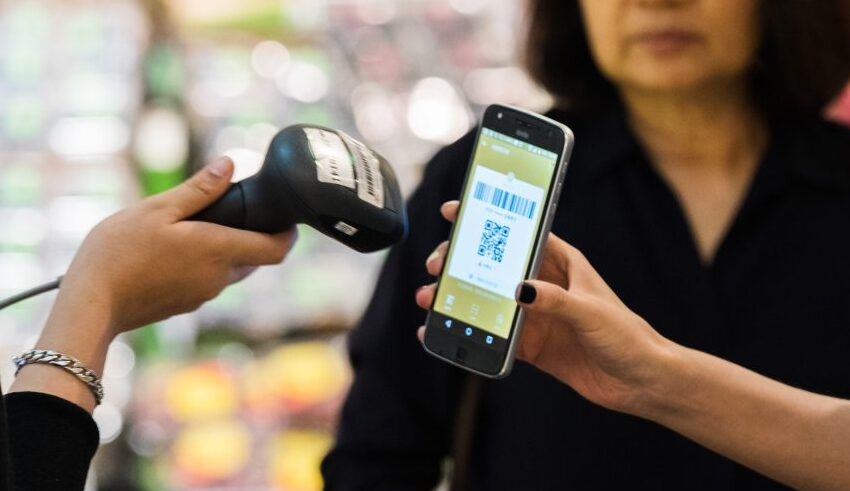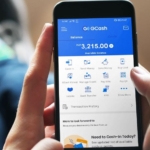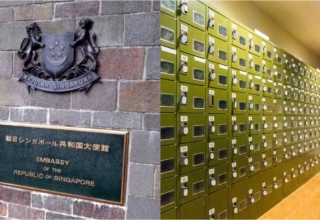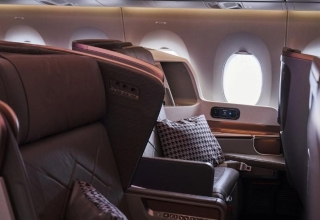
Indonesia and Malaysia have taken a significant step forward in enhancing their digital payment capabilities by initiating the implementation of QR code payments under the ASEAN system. This move aims to promote greater interoperability and seamless cross-border transactions within the region.
The adoption of QR code payments is part of the broader efforts by the Association of Southeast Asian Nations (ASEAN) to establish a standardized digital payment framework. QR codes provide a convenient and contactless payment method, allowing users to make transactions by scanning a unique code displayed on their smartphones.
By aligning their payment systems with the ASEAN QR code standard, Indonesia and Malaysia aim to simplify cross-border payments, boost financial inclusion, and drive economic growth. The interoperability of QR code payments will enable merchants and consumers in both countries to transact seamlessly, regardless of the specific payment service providers they use.
QR code payments offer numerous advantages, including improved efficiency, reduced reliance on cash, and enhanced security. The widespread adoption of this payment method in Indonesia and Malaysia is expected to facilitate greater financial digitization and contribute to the overall development of their respective digital economies.
Keep Reading
The implementation of QR code payments aligns with the broader trend of increasing digitalization and the rise of cashless transactions in the ASEAN region. Governments and businesses recognize the importance of providing convenient and secure digital payment options to meet the evolving needs of consumers and drive economic progress.
While the initial focus is on Indonesia and Malaysia, the ASEAN QR code system has the potential to expand across the region, promoting greater integration and connectivity in digital financial services. This development paves the way for future collaborations among ASEAN member countries and sets the stage for further advancements in the digital payments landscape.
As Indonesia and Malaysia kickstart QR code payments under the ASEAN system, it signifies a significant milestone in their digital transformation journey. The standardized QR code framework enhances convenience, promotes financial inclusion, and fosters closer economic ties between the two countries. It also sets the stage for a more seamless and integrated digital payment ecosystem within the ASEAN region.


























